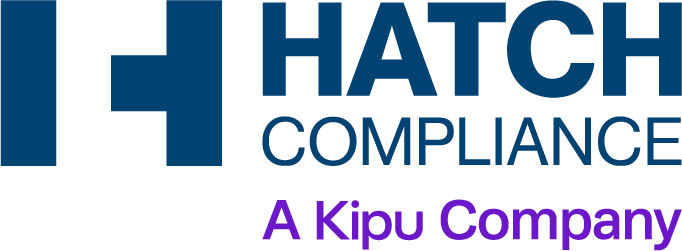In the field of behavioral healthcare, ethical considerations and regulatory compliance are deeply intertwined. Ensuring that care is provided ethically and within regulatory guidelines is essential for maintaining patient trust, organizational integrity, and legal standing. By understanding the intersection of ethics and compliance, healthcare providers can create an environment that prioritizes patient welfare and adheres to stringent regulatory standards.
Ethical principles in behavioral healthcare focus on patient rights, confidentiality, informed consent, and equitable treatment. These principles serve as the foundation for developing compliance policies and procedures. For instance, maintaining patient confidentiality is not only an ethical obligation but also a legal requirement under regulations such as HIPAA. Organizations must implement robust privacy measures to protect sensitive patient information and avoid potential breaches.
Informed consent is another critical area where ethics and compliance intersect. Patients must be fully informed about their treatment options, risks, and benefits before consenting to care. This ethical obligation ensures respect for patient autonomy and is reinforced by regulatory mandates. Comprehensive documentation and clear communication are essential for meeting both ethical standards and compliance requirements.
The equitable treatment of patients, regardless of their background or circumstances, underscores the ethical commitment to fairness and justice in healthcare. Regulatory guidelines often include provisions to prevent discrimination and ensure equal access to care. Organizations must establish policies that promote inclusivity and monitor compliance with these regulations to uphold their ethical obligations.
Employee training and education play a vital role in aligning ethics with compliance. Regular training programs help staff understand the ethical dimensions of their roles and the importance of adhering to compliance standards. By fostering a culture of ethical awareness and regulatory compliance, organizations can ensure that their workforce is equipped to navigate complex ethical dilemmas and regulatory challenges.
Key Areas Where Ethics and Compliance Intersect:
- Patient rights and confidentiality
- Informed consent processes
- Equitable treatment and anti-discrimination policies
- Employee training and ethical awareness
- Development of compliance policies and procedures
In conclusion, the intersection of ethics and compliance in behavioral healthcare is crucial for providing high-quality, patient-centered care. Ethical principles such as patient rights, confidentiality, informed consent, and equitable treatment guide the development of compliance policies and procedures. For those seeking expert guidance in enhancing their ethical and compliance practices, Hatch Compliance offers invaluable support to help organizations achieve excellence in both areas.
For further assistance or inquiries, contact Hatch Compliance, the compliance experts, at www.HatchCompliance.com, Info@hatchcompliance.com, or (888) HATCH-30.













